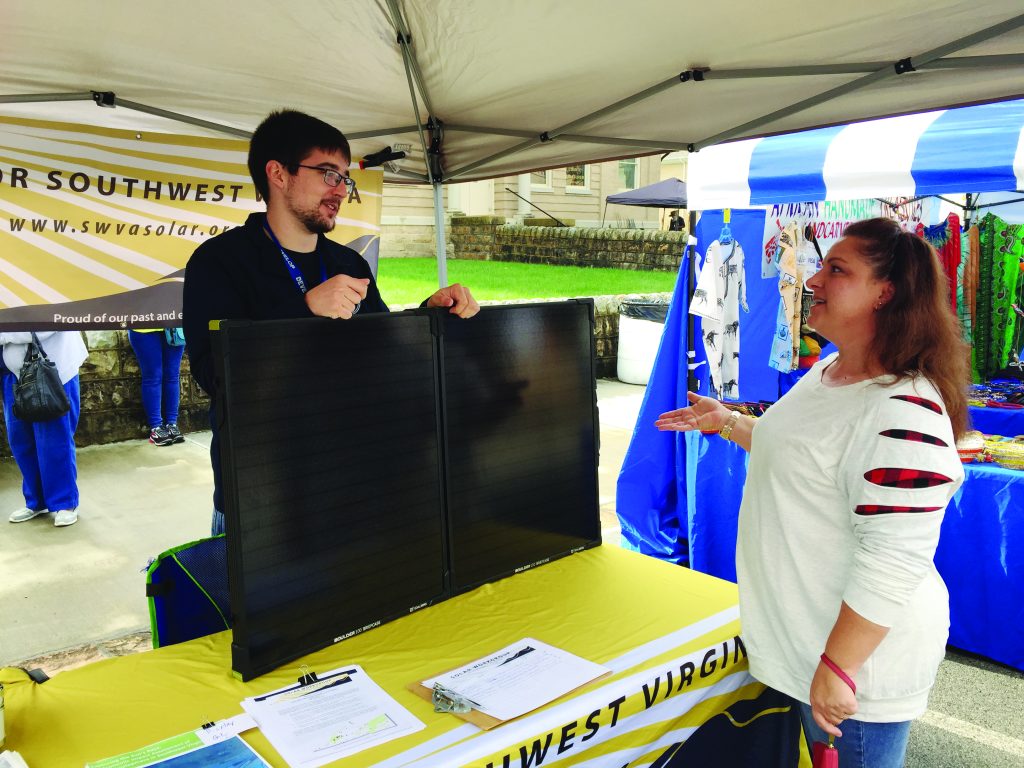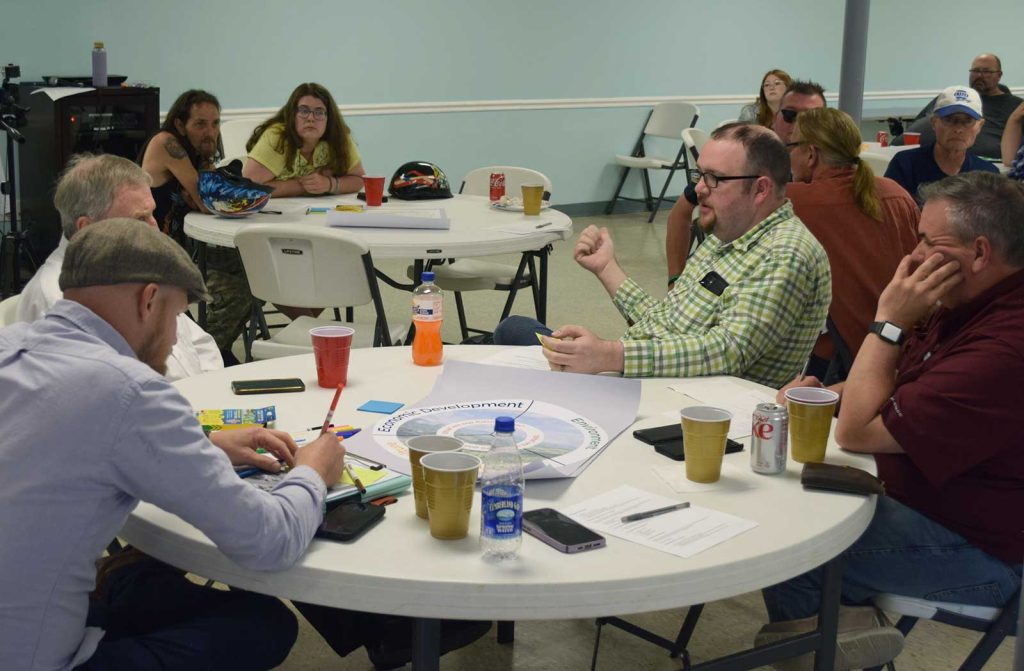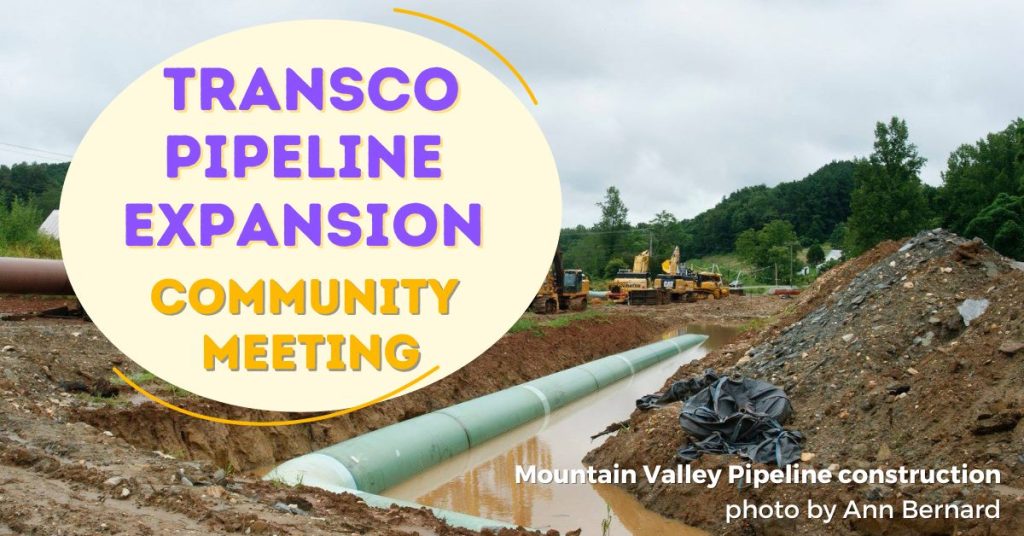Appalachian Voices releases new report on energy technology transition and community engagement in Southwest Virginia
FOR IMMEDIATE RELEASE
March 12, 2023
CONTACT
Robert Kell, New Economy Program Manager, robert@appvoices.org
Dan Radmacher, Media Specialist, (540) 798-6683, dan@appvoices.org
Norton, Va. — Today, Appalachian Voices released a new report detailing Southwest Virginia coalfield leaders’ perspectives on new energy technologies in their communities. The report, “Modeling a Just Transition in Virginia’s Coalfields: Engaging Community Stakeholders on Emerging Energy Technologies,” is based on the results from a community survey conducted in partnership with the Appalachian Center for Civic Life at Emory and Henry College. The report also details best practices for community engagement for energy projects and highlights the Solar Workgroup of Southwest Virginia’s efforts.
Students from the Interdisciplinary Program in Civic Innovation spent the fall semester of 2022 completing a power-mapping exercise, in which they learned about the levels of local civic government in Southwest Virginia. New Economy program team members with Appalachian Voices then worked with Dr. Scott Sikes to design and distribute a survey building on the students’ work.
The survey reached a range of local government leaders, including school board members, county supervisors, mayors, town council members and members of county Industrial development authorities.
“We were so pleased to collaborate with Appalachian Voices on this project,” said Dr. Sikes, Director of the Appalachian Center for Civic Life. “In addition to giving our students an opportunity to learn more about the region, it allowed them to practice research skills and apply theoretical concepts to a real-world issue. They came away from the project with a greater understanding of community leadership in Appalachia and with a deeper sense of the importance of questions related to energy production and economic development in our area.”
Appalachian Voices has developed this report to both share the survey findings with local residents and to detail the paths that are available to local communities during their energy transition. This is especially important now as Southwest Virginia is under consideration for siting of experimental small modular nuclear reactors, known as SMRs, and as opportunities for expanding renewable energy continue to grow because of new federal investments. The survey serves as a model for energy developers and economic development agencies to use to receive community feedback.
This report also describes other best practices for participatory community engagement, including community benefit agreements. These are legal agreements between developers, local groups, and stakeholders that lay out the benefits owed to the community that will host a project, and are an emerging tool for energy communities to utilize with project developers. The report concludes by spotlighting the Solar Workgroup of Southwest Virginia as an example of how a diverse group of stakeholders have successfully built community engagement, formed an action plan and established innovative financing while keeping residents and workers at the core of building a new solar industry.
“The clean energy transition is happening — whether or not it centers justice and considers all the stakeholders and voices within a community is not a given,” said Robert Kell, New Economy Program Manager at Appalachian Voices. “The report offers developers and community stakeholders tools and processes to ensure that energy projects are being built with active community engagement and that wealth is not extracted but that there are local benefits, beyond jobs and taxes, to communities hosting energy technologies.”
###
Appalachian Voices is a leading nonprofit advocate for a healthy environment and just economy in the Appalachian region, and a driving force in America’s shift from fossil fuels to a clean energy future.



